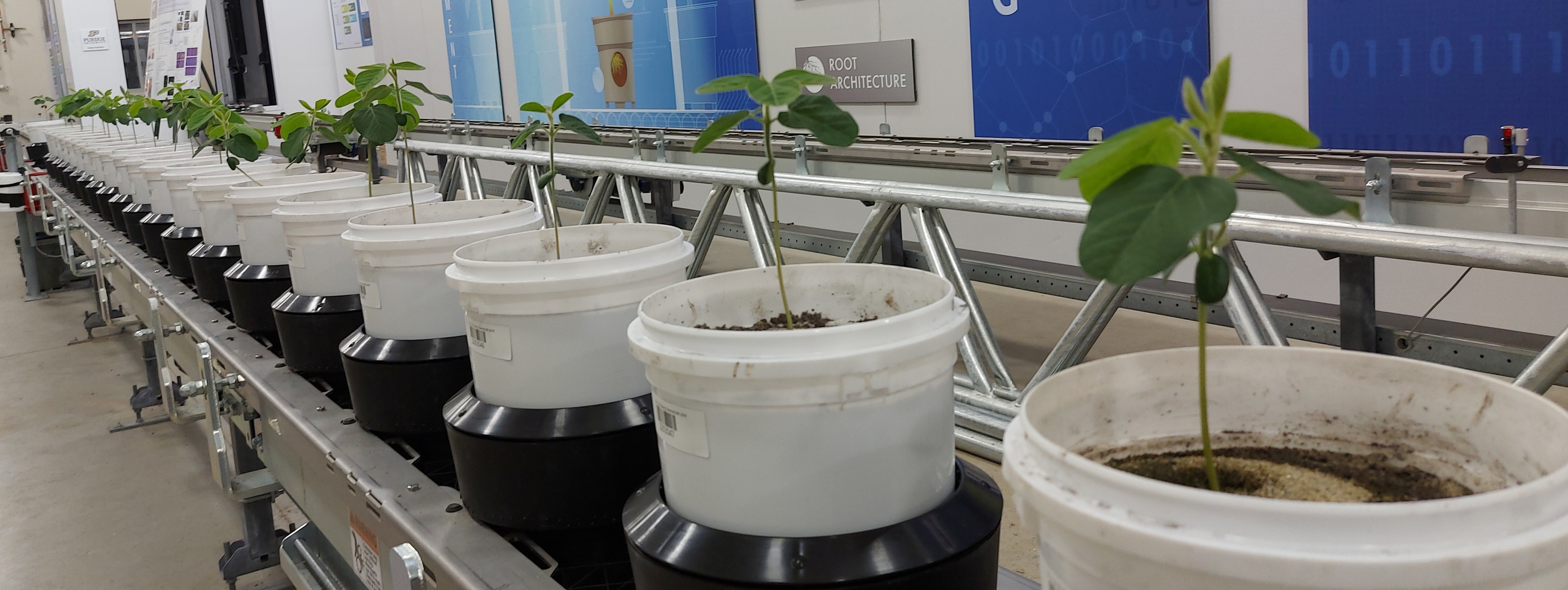Research
Our research focuses on studying two groups of economically important plant-parasitic nematodes:
We work on interdisciplinary research by collaborating with extension scientists, mycologist, geneticist, bioinformatician to reach our goals.
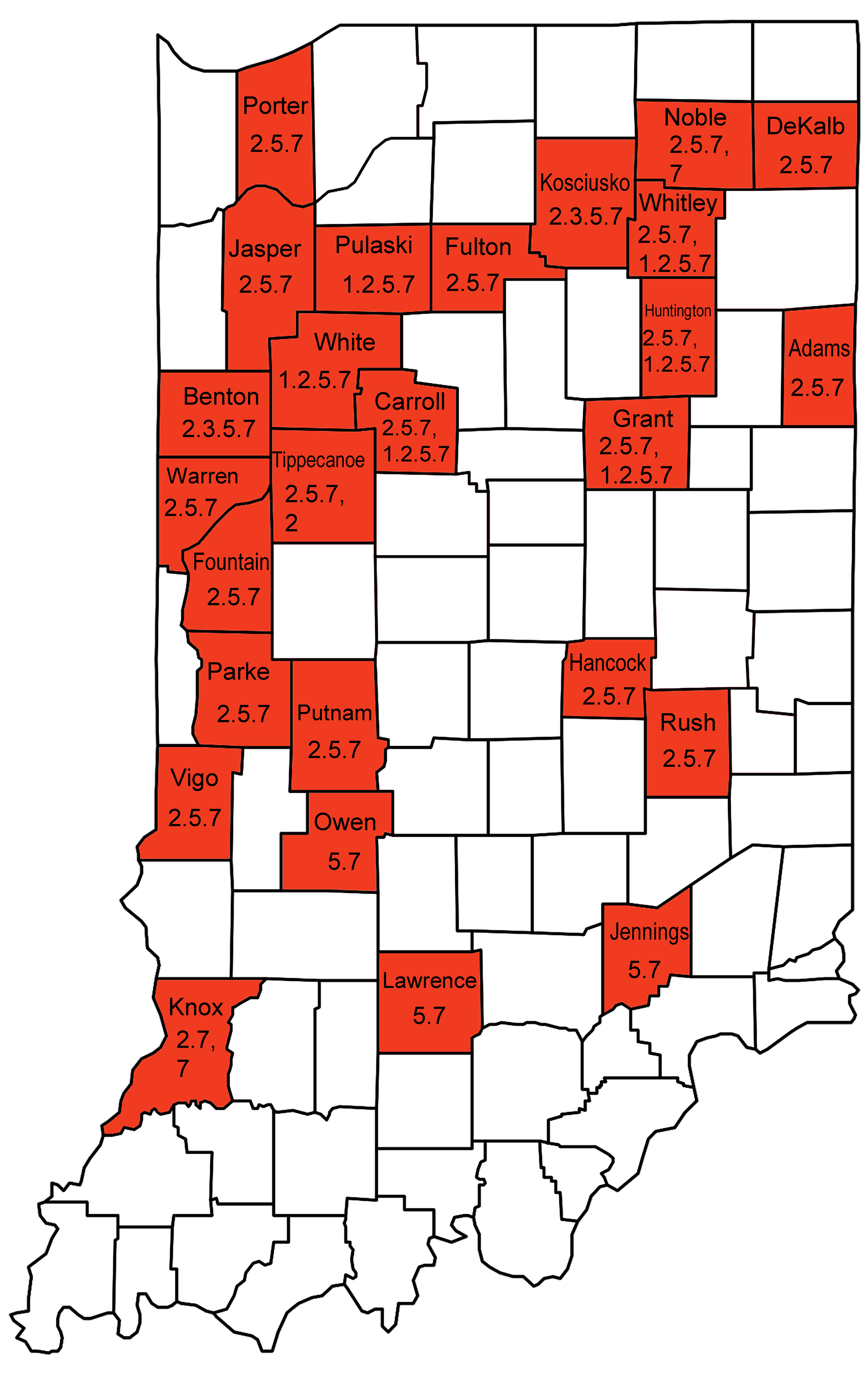
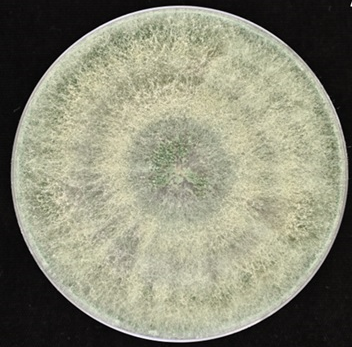
2. Biological control of nematodes. We aim to discover and develop beneficial microbes, suppressive soils and cultural practices for effective and consistent control of SCN and RKN.
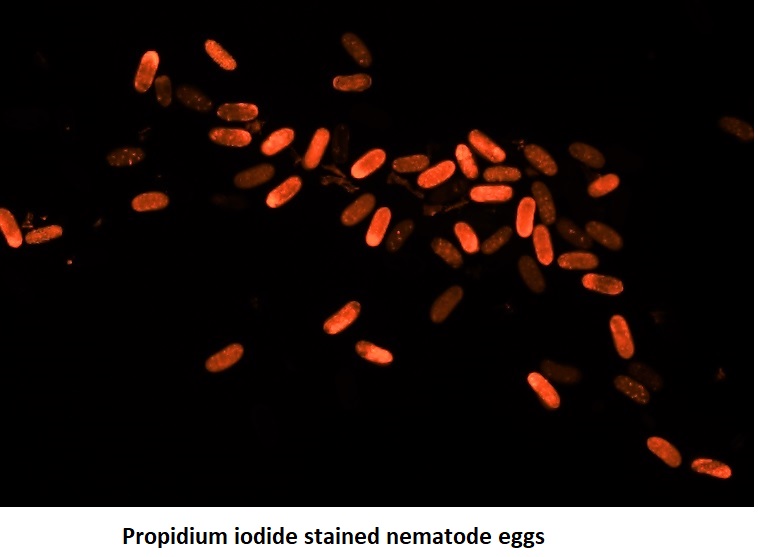 3. Nematode biology: We study the molecular mechanism of nematode development and interactions with plants using transcriptomic analyses (at population and single-nematode levels), comparative genomics, and functional characterization. We aim to translate knowledge into effective nematode management strategies in agriculture.
3. Nematode biology: We study the molecular mechanism of nematode development and interactions with plants using transcriptomic analyses (at population and single-nematode levels), comparative genomics, and functional characterization. We aim to translate knowledge into effective nematode management strategies in agriculture.
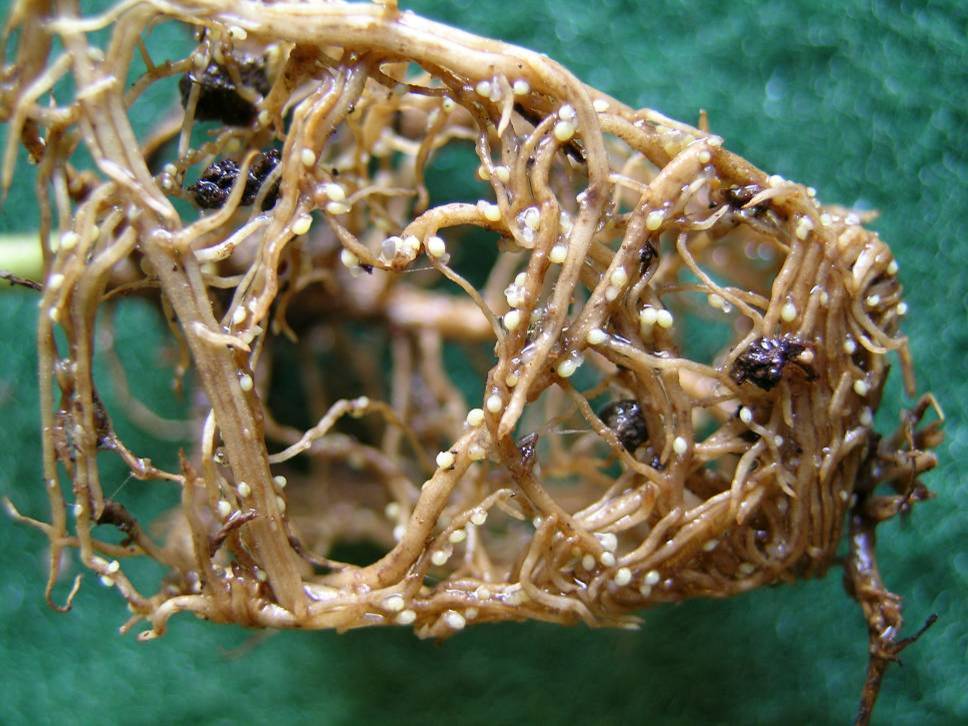
4. Host resistance: We aim to identify and characterize novel sources of soybean resistance to SCN.
